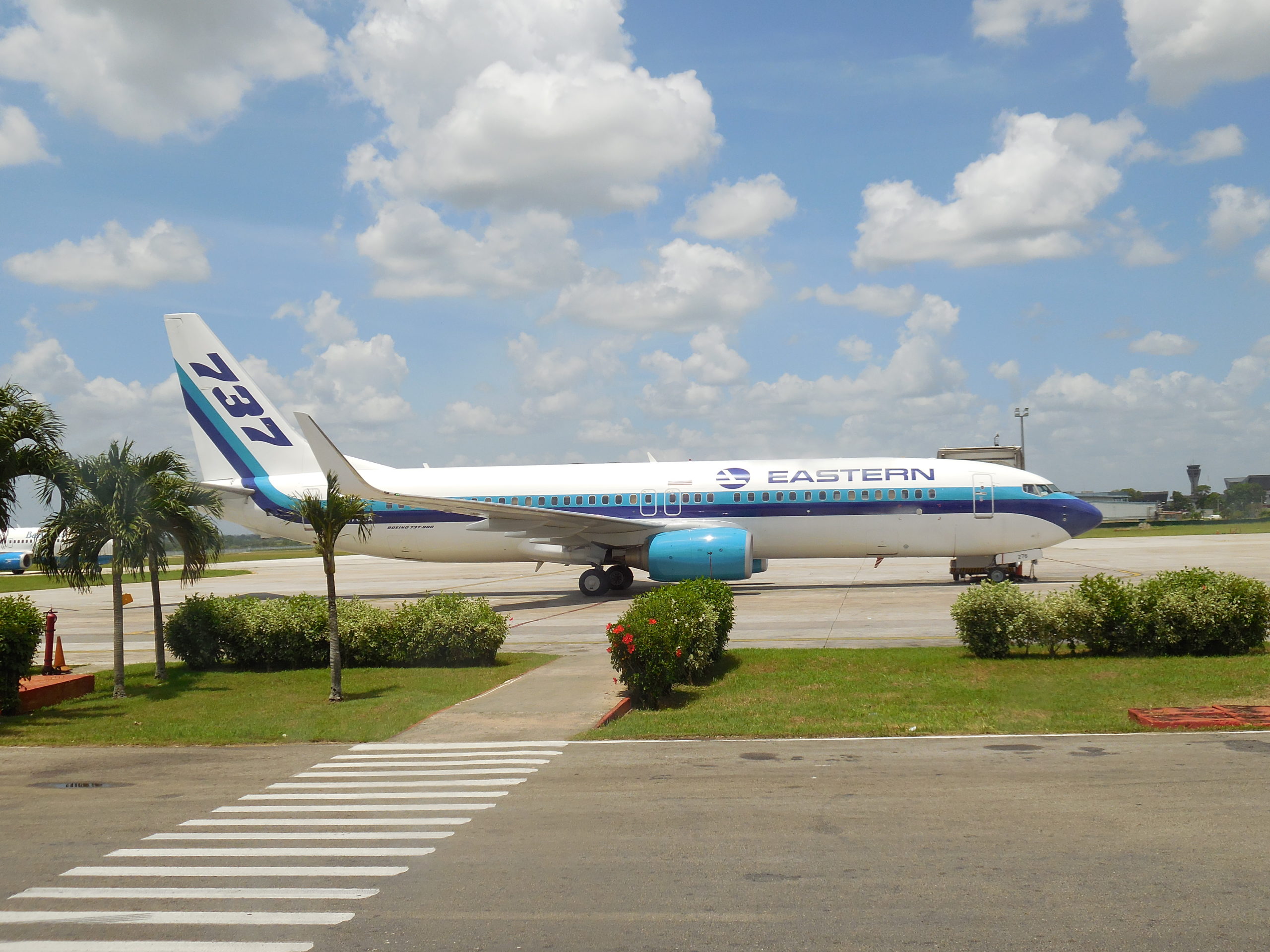U.S. Announces Third Set of Measures Geared at Expanding Cuba Commerce
During June of 2015, David Springsteen, Partner and Practice Leader of Withum’s National Tax Services Group, Kimberlee Phelan, Partner and Practice Leader of Withum’s International Services Group and myself, Richard Ingunza, an accountant in Withum’s National and International Tax Services Group in New York, traveled to Cuba to see first-hand what commercial opportunities might eventually emerge from the normalization of relations between the United States and Cuba. We saw both potential and challenges. We remain in close contact with our HLB affiliate accounting firm, Interaudit S.A., in order to spot opportunities and find great promise in the recently announced changes to the regulations that govern commerce between the U.S. and Cuba.
On January 27, the U.S. government published its third set of regulations designed to expand commerce and contact with Cuba and its people. The new regulations follow significant regulatory changes announced in both January and September of 2015. The changes are part of the current administration’s policy of whittling away the embargo on U.S.-Cuban commerce and trade that can only be lifted by congressional action. To date, such action by congress has not been forthcoming. The recently announced measures cover export financing, aviation, construction, the organization of professional conferences and sports and entertainment events and a broadening of the list of U.S. exports now permitted without the need of a special license.
In order to encourage exports to Cuba, restrictions related to the financing of non-agricultural exports have been removed. Previously, U.S. exporters, while sheltered from Cuban credit risk, were at a disadvantage to exporters from other countries given the latter’s ability to provide export financing. U.S. financial institutions will now be able to provide direct export financing as will U.S. manufacturers. Interestingly, agricultural exports were excluded in the new regulations as the financing of such exports to Cuba is explicitly prohibited by the Trade Sanctions Reform and Export Act of 2000.
 The U.S. and Cuba reached a new civil aviation agreement in December that eventually will permit up to 110 regularly scheduled, daily flights between the U.S. and Cuba. U.S. airlines are currently preparing lists of those routes for which they would like to secure landing rights. Options available to the Cuban national carrier, Cubana de Aviación, are also being explored given the risk of asset seizures stemming from U.S. court cases. To facilitate the resumption of regularly scheduled flights and to foster airline safety, restrictions related to the export and re-export of aviation parts to Cuba for use by commercial carriers have been eased and agreements related to blocked-space, code-sharing and leasing will be permitted going forward.
The U.S. and Cuba reached a new civil aviation agreement in December that eventually will permit up to 110 regularly scheduled, daily flights between the U.S. and Cuba. U.S. airlines are currently preparing lists of those routes for which they would like to secure landing rights. Options available to the Cuban national carrier, Cubana de Aviación, are also being explored given the risk of asset seizures stemming from U.S. court cases. To facilitate the resumption of regularly scheduled flights and to foster airline safety, restrictions related to the export and re-export of aviation parts to Cuba for use by commercial carriers have been eased and agreements related to blocked-space, code-sharing and leasing will be permitted going forward.
On a case-by-case basis, U.S. companies will now be permitted to export materials for infrastructure projects that the U.S. government considers as directly benefiting the Cuban people. Such projects include those in the areas of water treatment and electricity generation and, most interestingly, represent a departure from previous policy that severely limited direct business contact with Cuban state entities.
Other new categories of exports that should be granted export licenses include those that encourage agricultural production such as pesticides, fertilizers and farm equipment as well as goods that bolster disaster preparedness. Similarly, items related to artistic endeavors, the processing of food, residential construction and public transportation will now routinely be granted export licenses. Currently, all exports to Cuba that are not carried in the accompanying baggage of travelers must be imported through Cuban state-owned enterprises. Through this most recent set of regulations, the U.S. government has explicitly stated that, provided that the exports meet the needs of the Cuban people, importing through Cuban state-owned enterprises is now permitted.
In order to encourage greater business contacts, U.S. nationals will not only be allowed to participate in professional conferences in Cuba, but are now permitted to actively organize such conferences on the island. Similarly, U.S. nationals will now be permitted to organize semi-professional sports events and music performances and art festivals and exhibitions without prior approval from the U.S. Treasury’s Office of Foreign Asset Control and the requirement that profits from such events be donated to not-for-profit organizations has been eliminated.
After announcing the current set of regulatory changes, U.S. government officials called upon the Cuban government to take parallel measures that would allow Cuban citizens to take advantage of the opportunities generated by the new changes. To date, Cuban authorities have been hesitant to undertake policy changes that would enable U.S. and Cuban firms to move forward on business projects that are now feasible given the recent changes in the U.S. regulatory landscape. A case in point is the resumption of ferry service between the U.S. and Cuba. During the summer of 2015, U.S. regulators approved licenses for U.S. operators to recommence ferry service between the two nations. To date, the operators are still waiting for approval from the Cuban government despite strong demand for international ferry service between both nations.
However, the next meeting of the Cuban Communist Party, scheduled for April 16 through the 19 , is quickly approaching and many, on both sides of the Straits of Florida, see an opening for select reforms to be announced by the government in Havana in the coming months.
By Richard Ingunza | 212.829.3219 | [email protected]

